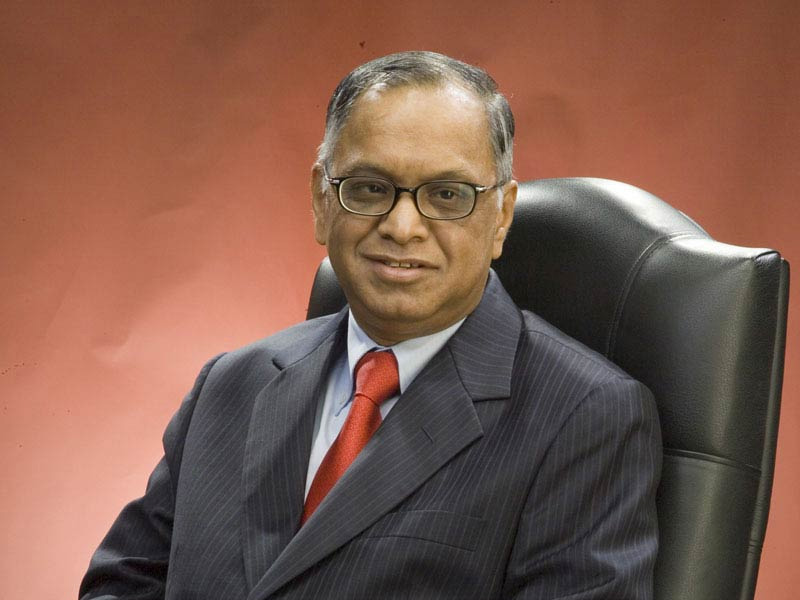In the recent past, Infosys co-founder and former chairman NR Narayana Murthy, has been critical of the salary hikes the company has been giving its top management. Other former executives of the firm have also criticised it.
The most recent example is that of the company giving a hike to its chief operating officer UB Pravin Rao. The company has said that the hike will apply over a number of years. It said that the hike could “go up to 33.4% in year 4, assuming similar grants are made in subsequent years based on company and individual performance.”
Murthy on the other hand feels that the top management should not be taking such high salary increases when most employees have got just a 6-8 per cent hike.
The high salaries of top management vis a vis the salaries of normal employees, has been an issue across large parts of the world. The belief, at least at the board levels of companies is that the top management is getting paid adequately for bringing enough value to the company. Of course, nobody bothers to define the word value.
The question that arises here is: Does the top management impact the performance of companies? And with that logic, does it make sense to pay them more?
Of course the top management does impact performance. It would be silly to say no. The direction the company takes in the future is decided by the top management of the company. At the same time, the impact that the top management has on the performance of companies, is not as much as it is made out to be.
As Daniel Kahneman writes in Thinking, Fast and Slow: “CEOs do influence performance, but the effects are much smaller than a reading of the business press suggests.” The business press tends to make heroes out of the top managements of companies. If a company is doing exceptionally well, the typical conclusion that is drawn is that it is doing well because of the CEO and the other top management.
As James Kwak writes in Economism—Bad Economics and the Rise of Inequality: “The idea that good CEOs are entitled to enormous rewards is based on the belief that success or failure of a company depends on one person—what historian Nancy Koehn calls the Great Man theory of history”
Given this belief it is not surprising that the CEOs and the top management get paid as much as they do. But the link between top management pay and the continued success of a company isn’t so high. As Kahneman writes: “Researchers measure the strength of relationships by a correlation coefficient, which varies between 0 and 1… A very generous estimate of the correlation between the success of the firm and the quality of its CEO might be as high as .30, indicating a 30% overlap.”
Hence, the link between CEO quality and the success of the firm is not very strong. What is forgotten is that business at the end of the day is a team game. The top management sitting at the headquarters can only do so much to keep ensuring that the company continues to be as successful as it was in the past.
As Kwak writes: “Business is a team sport… Because no one knows what a CEO is worth, her pay is whatever she can convince her corporation’s board of directors to give her.”
Also, luck plays a big role in the success or failure of a CEO. As Kwak writes: “A 2001 study by Marianne Bertrand and Sendhil Mullainathan found that high CEO pay is often the result of dumb luck. For example, they found that heads of oil companies were paid more when profits increased, even when those profits were simply due to rising oil prices.”
Hence, as Kahneman concludes: “Because luck plays a large role, the quality of leadership and management practices cannot be inferred reliably from observations of success.” Once you take these factors into account, it is not surprising that Narayana Murthy is angry.
The column was originally published in the Bangalore Mirror on April 12, 2017
